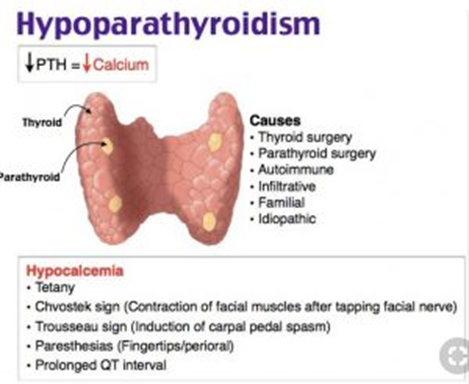A client with type 1 diabetes mellitus and peripheral neuropathy is seeing the nurse to review foot care. What would be a priority instruction for the nurse to give the client?
Avoid the use of moisturizing lotions.
Examine feet weekly for redness, blisters, and abrasions.
Dry feet vigorously after each bath.
Avoid hot-water bottles and heating pads.
The Correct Answer is D
A. Avoid the use of moisturizing lotions.
This statement is not a priority instruction. Moisturizing lotions, especially those designed for diabetic foot care, can help prevent dry skin and complications. However, it's crucial to choose appropriate, diabetes-friendly moisturizers.
B. Examine feet weekly for redness, blisters, and abrasions.
This is an important and relevant instruction. Regular foot inspections help detect any signs of injury or infection early, preventing complications, especially for individuals with peripheral neuropathy.
C. Dry feet vigorously after each bath.
This statement is not advisable. Vigorous drying can potentially harm the skin, especially for individuals with diabetes. A gentle and thorough drying is recommended to prevent skin damage.
D. Avoid hot-water bottles and heating pads.
This is a priority instruction. Patients with peripheral neuropathy may have reduced sensation in their feet, making them more susceptible to burns. Avoiding sources of excessive heat helps prevent injuries.
Nursing Test Bank
Naxlex Comprehensive Predictor Exams
Related Questions
Correct Answer is C
Explanation
A. "The parathyroid has no effect on calcium levels in the body; this will just help prevent osteoporosis":
Explanation: This statement is incorrect. The parathyroid gland plays a crucial role in calcium homeostasis. Hypoparathyroidism, characterized by decreased parathyroid hormone (PTH) production, leads to low blood calcium levels, not high levels.
B. "The reason you have hypoparathyroidism is that you were diagnosed with hypothyroidism, and when the thyroid doesn't work, neither does the parathyroid, so you need these supplements."
Explanation: This statement is incorrect. The parathyroid and thyroid are separate glands with distinct functions. Hypoparathyroidism is not a result of hypothyroidism.
C. "A decrease in parathyroid hormone causes low calcium levels, so your body to break down bones to maintain normal calcium levels, and this will prevent that from happening."
Explanation: This is the correct statement. Hypoparathyroidism leads to a decrease in PTH, resulting in low blood calcium levels. Without sufficient PTH, the body may resort to breaking down bones to maintain calcium levels.
D. "An increase in parathyroid hormone causes your body to move calcium into the cells to reduce blood calcium levels, so you have to replace the levels in the blood."
Explanation: This statement is incorrect. An increase in parathyroid hormone (PTH) typically leads to increased blood calcium levels by promoting the release of calcium from bones and reducing calcium excretion by the kidneys. This describes hyperparathyroidism, not hypoparathyroidism.

Correct Answer is B
Explanation
A.Regular insulin typically begins to take effect 30 minutes after administration. Administering insulin at the time of the meal (1645) would not allow enough time for the insulin to reach its onset of action, potentially resulting in the blood glucose level being high during the meal.
B.Regular insulin has an onset of action of 30 minutes. By administering the insulin at 1615, it will start to take effect by 1645, when the meal arrives, and help ensure the insulin action aligns with the meal, preventing postprandial hyperglycemia.
C.Administering insulin at 1545 would be too early and could lead to the insulin peaking before the meal, which could result in hypoglycemia if the insulin peak occurs before the patient has food to absorb the glucose.
D.Administering insulin at 1600 would result in the insulin starting to work too soon, with the onset happening before the meal and possibly leading to hypoglycemia if the insulin peaks before the meal is consumed.
Whether you are a student looking to ace your exams or a practicing nurse seeking to enhance your expertise , our nursing education contents will empower you with the confidence and competence to make a difference in the lives of patients and become a respected leader in the healthcare field.
Visit Naxlex, invest in your future and unlock endless possibilities with our unparalleled nursing education contents today
Report Wrong Answer on the Current Question
Do you disagree with the answer? If yes, what is your expected answer? Explain.
Kindly be descriptive with the issue you are facing.
